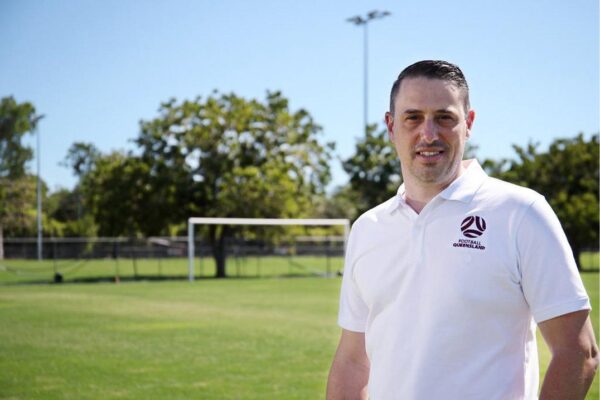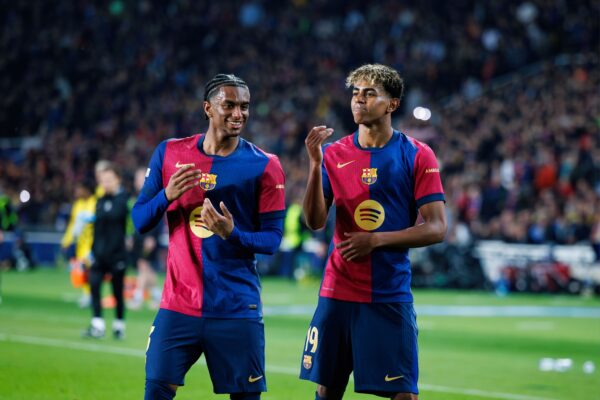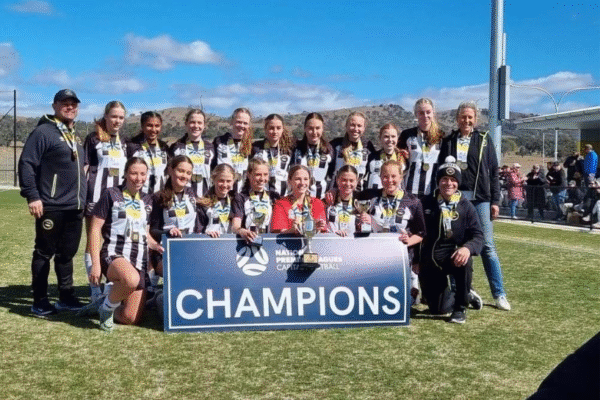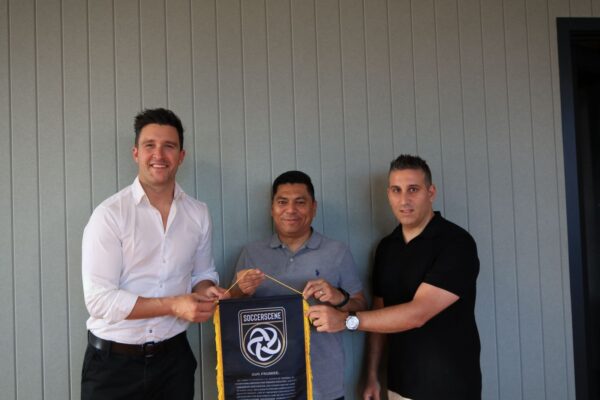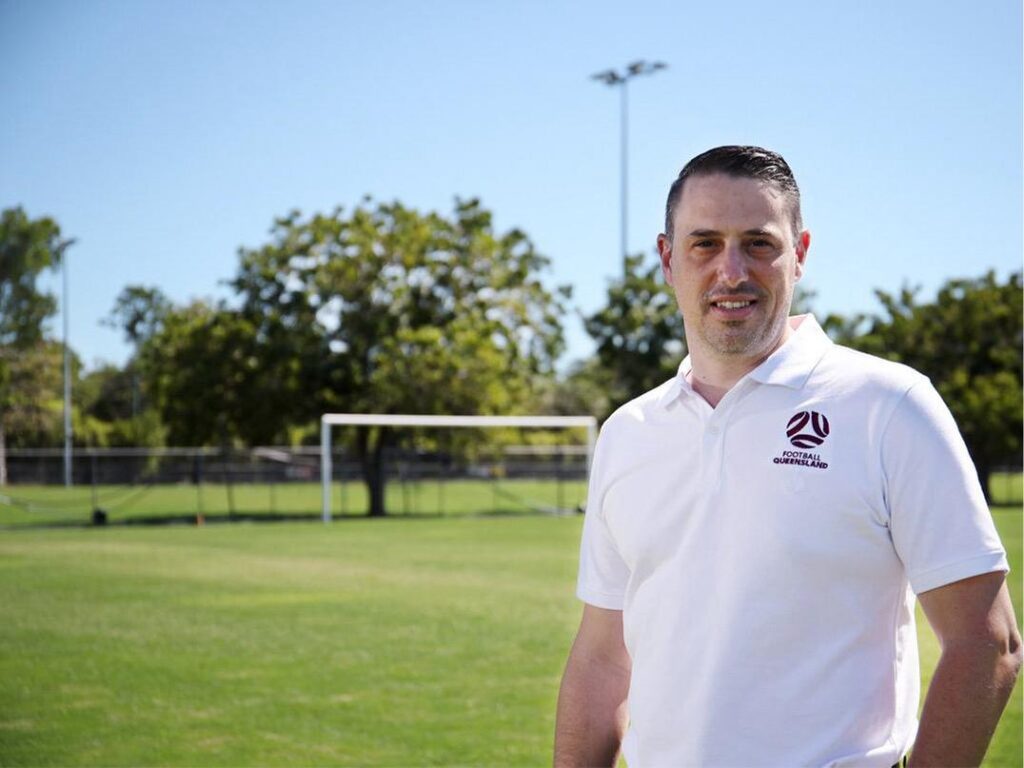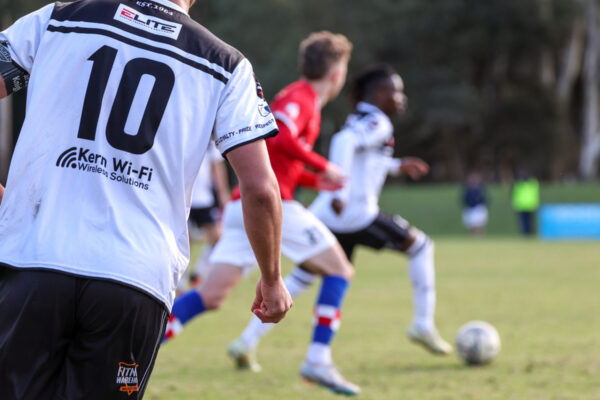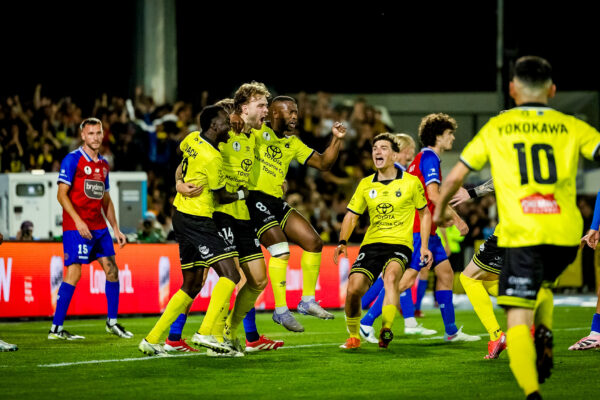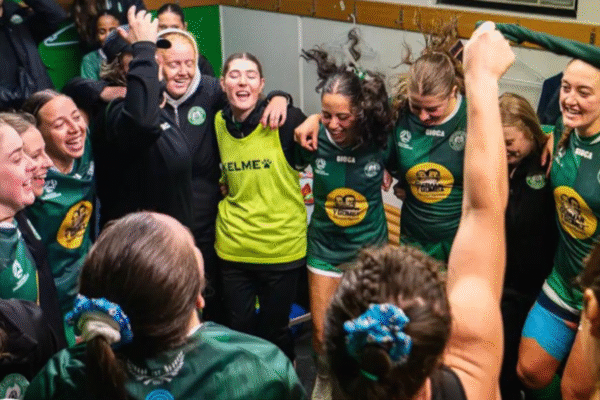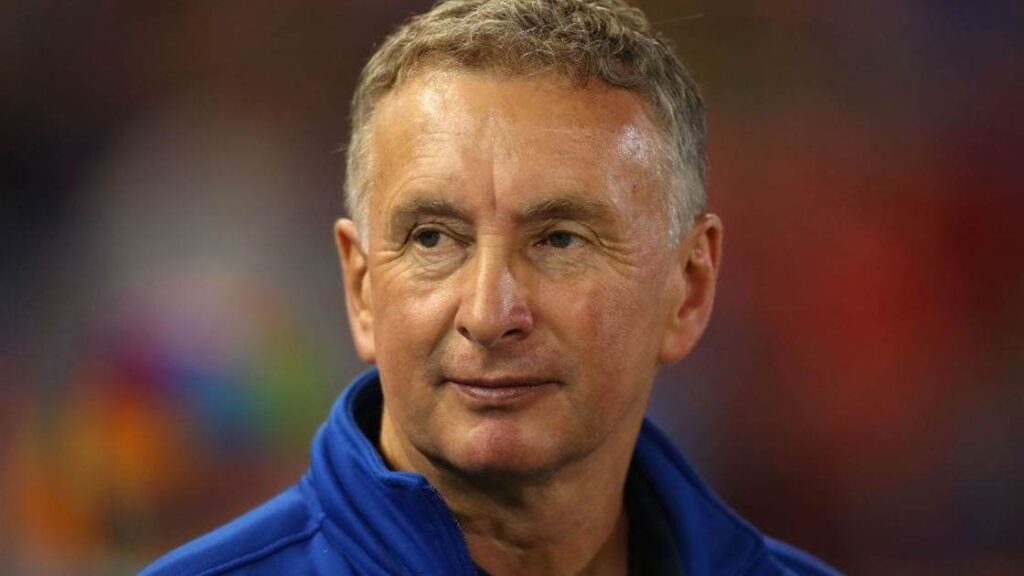
As often stated, there are only two types of coaches in football – “those that are sacked or those about to be sacked”. Such is the emotional nature of the sport and the insecurity of the role.
It seems that, in most football clubs, negative short-term results determine the employment status of the coach. How much time are the club Board prepared to allow the Head Coach to build a team for the future?
Football can be simplified and defined as a team invasion game. The objective is to invade territory to an area where goal-scoring is possible. The players must have clarity in their roles and a belief in the formations and structures being implemented by the Head Coach.
The players must have clarity in their roles and a belief in the formations and structures being implemented by the head coach. – @merrick_ernie @FC_Australia#Sportsbiz #Footballbiz #Coaching #football #Socceroos #Matildas #Aleague #NPL pic.twitter.com/KsTQO9Tqsg
— Soccerscene (@Soccersceneau) February 1, 2022
A major failure of any player is not being involved in the invasion. Penetration through forward passes and movement is critical and everyone needs to play their part. FEAR is the foremost inhibitor of performance.
There is no doubt, that the noise from the critical and emotional minority affects decisions regarding short-term results – wins or losses. Logic and reason would favour a coach who strategically plans and implements developmental processes which will deliver sustained success over time. Sir Alex Ferguson won Manchester United’s first EPL Premiership after 7 years and went on to win 13 EPL Championships and 17 other trophies.
The ultimate aim of the coach is to find the line between luck and skill and shift it. Luck plays a role but the implementation of programs that develop skilled technique, tactical decision-making, strategic awareness and game plan execution will grow the club and achieve continued success in the longer term. The Head Coach focuses on the TEAM, however, management is about INDIVIDUALS.
The modern professional game requires expert staff comprised of coaches and service providers to cover all aspects of player development – technical, tactical, physical, mental and personal skills. The Head Coach/Manager must demonstrate that he is able to coordinate the staff and drive change with a clear vision of the processes involved. He must be capable of planning a comprehensive holistic program and develop relationship skills that encourages staff and player buy-in and a willingness to be accountable.
The Head Coach must demonstrate competence in:
- Enlisting support staff with qualifications, experience and education skills
- Targeting the recruitment of players who fit specific profiles within the team game plan who have the necessary skill set combined with the right mindset and resilience
- Implementing a program which clearly defines his coaching philosophy
- Designing an attacking Game Model that will provide the best opportunity for success
- Encouraging a brand of football that excites the crowds and makes them feel part of the game
- Providing the club fans via the media with club driven news and team information
Poor results in the early stages of the coach appointment is not unusual but has to be managed and conciliated. Providing honest relevant information which accepts and identifies problematic issues and a club perspective on how matters will be resolved is always helpful.
Winning teams embrace pressure and the weight of high expectation.
The key to long term success is managing failure and learning from it.
As Einstein states – “Failure is success in progress.” [That’s Jimmy Einstein from Glasgow not Albert].



